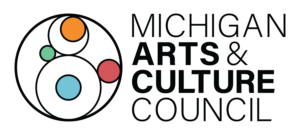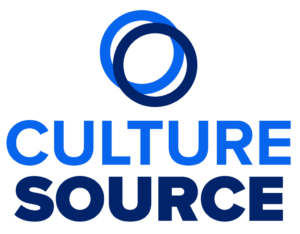
DJC is founded on the belief that we cannot build cities that work for everyone without remedying the impacts of mass incarceration and transforming our justice system. We are looking for creative, experienced professionals to support our mission to deliver community lawyering services, create economic opportunities, and promote just cities.
We strongly encourage people of color, women, LGBTQ people, people with disabilities, and individuals with past involvement in the criminal punishment system or who have loved ones currently or formerly in the criminal punishment system to apply.
Job listings brought to you by PrismHR Hiring.
Are you looking for a dynamic summer internship where you can apply your passion for justice and social change? Detroit Justice Center (DJC) is seeking bold, driven changemakers to join us this summer!
At DJC, we work alongside communities to create economic opportunities, transform the justice system, and build just and equitable cities. As a nonprofit law firm, we provide legal services, advocate for policy change, and support community-driven solutions to dismantle mass incarceration and reimagine safety beyond policing.



This opportunity is open to students currently enrolled in a degree program eager to drive change and advance justice.



Interested? Submit your application here.
Apply by April 9, 2025, to be considered. We look forward to hearing from you!
Our summer fellows program began with a June 2019 opening retreat in Miami where interns were introduced to the work of all three organizations. Interns were engaged in a 10-week curriculum of political education, readings, seminars, and reflections. They worked alongside attorneys within our organizations on a varied caseload, including advocacy, direct representation, litigation, and research. While in Detroit, our interns encountered the structural inequity of the justice system, while supporting our team in fighting tax foreclosure and gentrification, building community land trusts and worker cooperatives, challenging water shutoffs, blocking new jail construction, fighting for bail reform, and implementing new restorative justice programs. Interns were also guided to develop and deepen their understanding of movement lawyering through a curriculum of weekly readings, seminars, and reflections.
This shared program was designed to be more than an internship. As our organizations grow, we are building a pipeline for new movement lawyers to be equipped to fight alongside organizers at local and national levels.

— Nick Aquinos, 2021 Intern
— Ashley Moton, 2020 Intern
— Taylor Dodson, 2019 Intern
— Shirley Rivas, 2019 Intern
— Meredith Luneack, 2019 Intern
— Vishal Reddy, 2019 Intern
— Lindsay Calka, Intern
The Detroit Justice Center believes that creativity and art are essential to imagining and building a world where every human life is valued with equal care and consideration and disposing of people is no longer considered justice. As attorneys and advocates, we are inundated by words, concepts, figures, and statistics that are intended to demonstrate the possibility of abolition and create ever tighter coalitions to express its urgency. Data in many ways is the currency of social justice and economic equity, but it cannot evoke the sense of possibility, wonder, and imagination that art and media can.
Inspired by Detroit’s long history of arts and activism, and thanks to generous donations from Michigan Arts and Culture Council administered by CULTURESOURCE and the Robert Wood Johnson Foundation, we are continuing our artist residency for artists living in Wayne County, MI. We are asking applicants to submit a project proposal that grapples with the question “What does a world without police and incarceration look like?”
What would it feel like to exist in a world without the police and incarceration, without jails, prisons, and detention centers? What would be the textures and sensations of that world? What patterns of interactions and relationships would transform for the communities that would be born as we realize these demands of structural change?
Applicants may work in any artistic medium, and may submit four work samples as part of the application process. We ask that applicants who used time-based mediums (such as dance, music, and video) limit their work samples to no more than 20 minutes total. Anyone submitting written work is asked to limit their work sample to no more than 15 pages total.
The artist whose project is chosen by our panelists will receive $10,000 and will have until May 2026 to create and execute the proposed project.
We strongly encourage people of color, women, LGBTQ people, people with disabilities, and individuals with past involvement in the criminal punishment system or who have loved ones currently or formerly in the criminal punishment system to apply.

